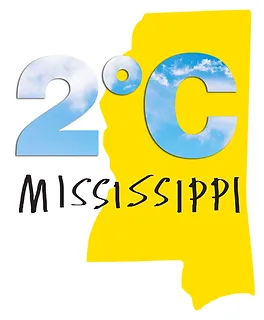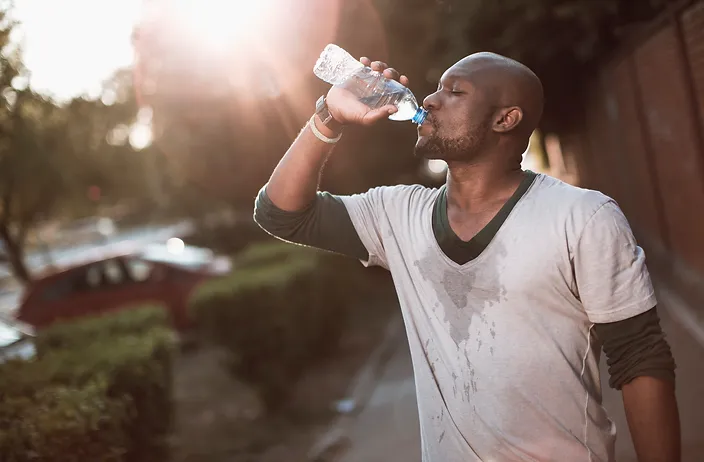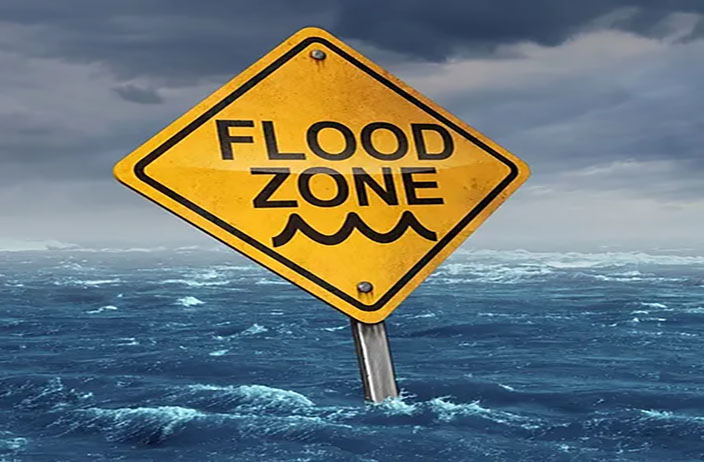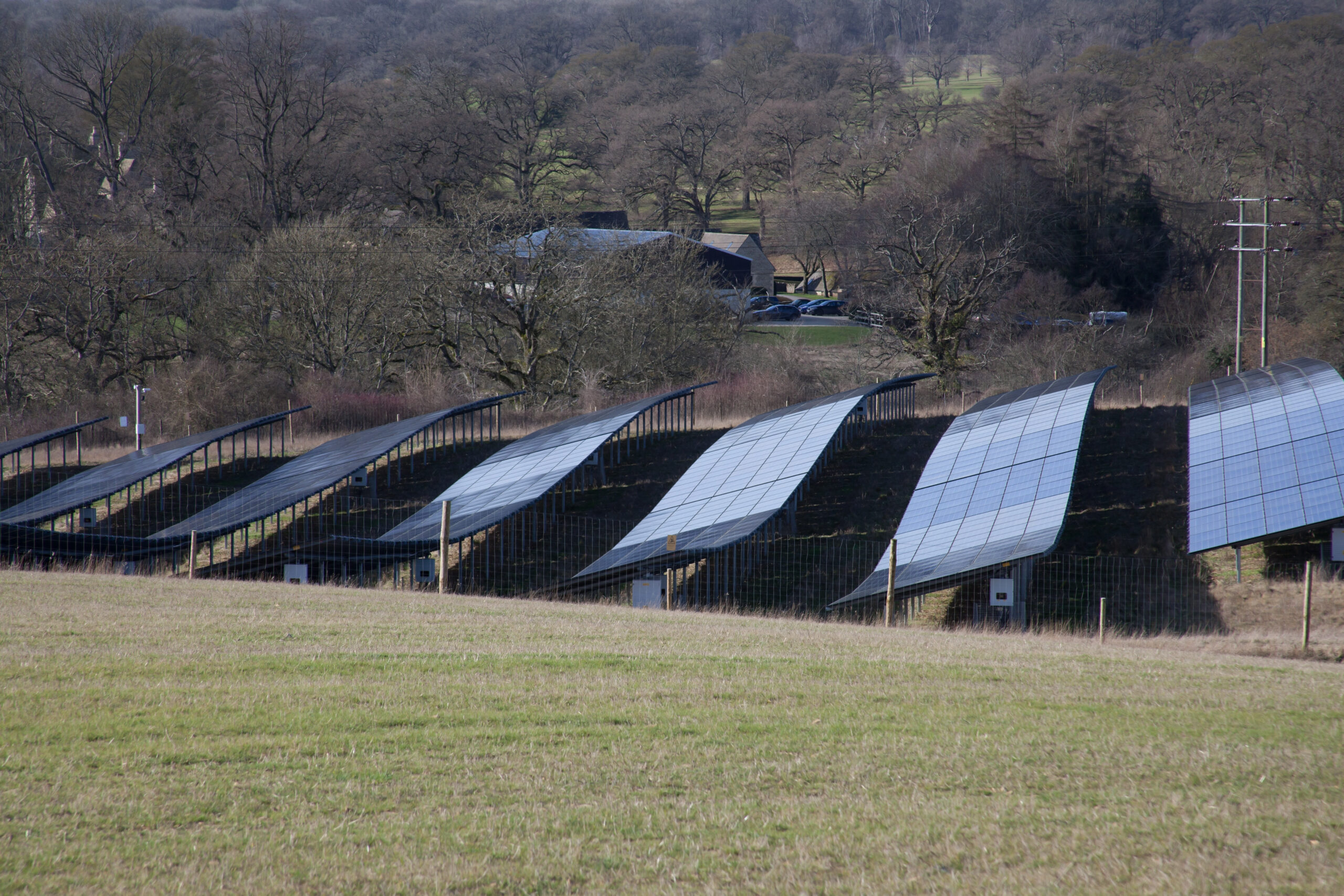Our projects
Adaptation and MitigationClimate Action
ADAPTATION
We identify and support actions that manage the risks associated with weather related disasters and emergencies. Examples of this support includes developing and managing nature-based solutions to flooding and intense heat.
MITIGATION
Our mitigation efforts involve planning and project management of community co-designed projects that are cost-effective, promotes energy independence, waste reduction and resource conservation.
CURRENT PROJECTS
Urban Heat Island
“Going green for a Cool, Healthy Jackson” is a nature-based solution that addresses Urban Heat Islands in the formerly redlined district of Farish Street, an overburdened and underserved community in Jackson, Mississippi. It is a grassroots-led initiative supported by local and national experts and is generously funded by Robert Wood Johnson Foundation and the U.S. Department of Agriculture, Forest Service.
Flooding in Jackson
Flooding can be controlled by strategically designed and placed green infrastructure.This project which is co-developed with the community, provides a system of flood mitigating micro-parks that replace abandoned and dilapidated properties in West Jackson. It is a cost-effective approach with many benefits.
Community Solar
2˚C Mississippi is working towards establishing the first community solar project in Mississippi for low-income residents. In this effort we partnered with the Department of Energy through the National Community Solar Partnership. We are also receiving technical assistance from National Renewable Energy Laboratory (NREL) to establish Virtual Net Metering in the state.
Funding Partners
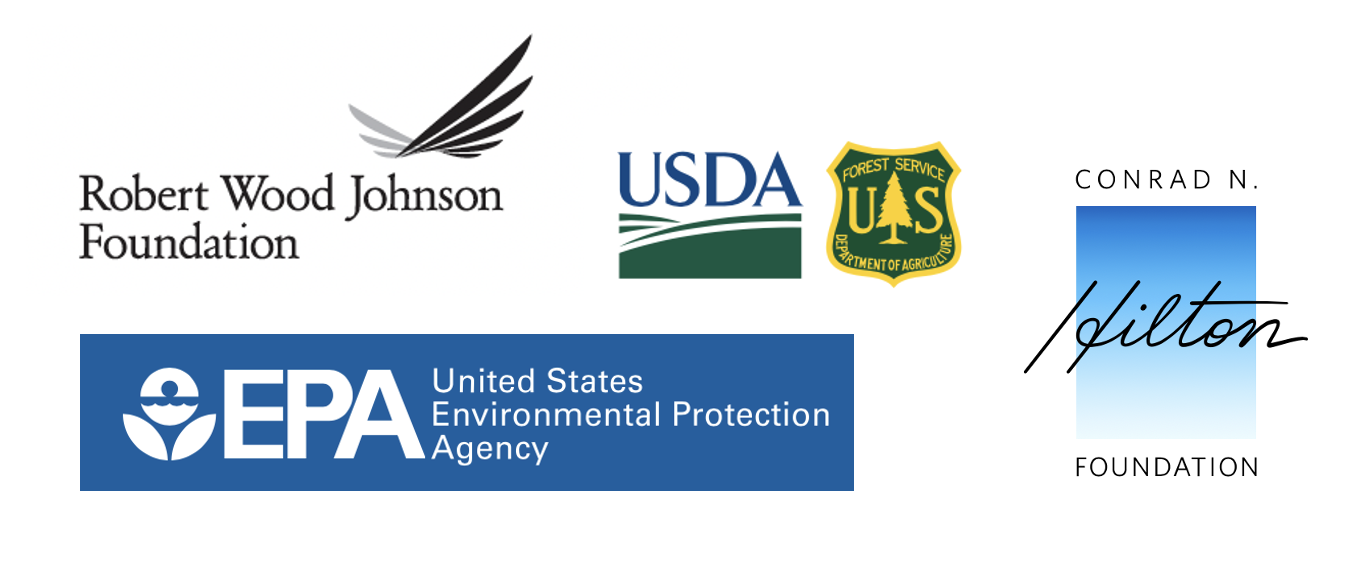
Resource Partners


Upcoming Meetings and Events
June 5, 2025: Farish Street Green Commons Groundbreaking Ceremony 12 am on Farish Street
June 14, 2025: Colonial Heights Community Meeting at Livingston Park
Address
212-B Draperton Court
Ridgeland, Mississippi 39157
Open Hours
Monday – Friday: 8:15am – 5pm (Central Time)
Weekends: As Needed
Holidays: Closed
